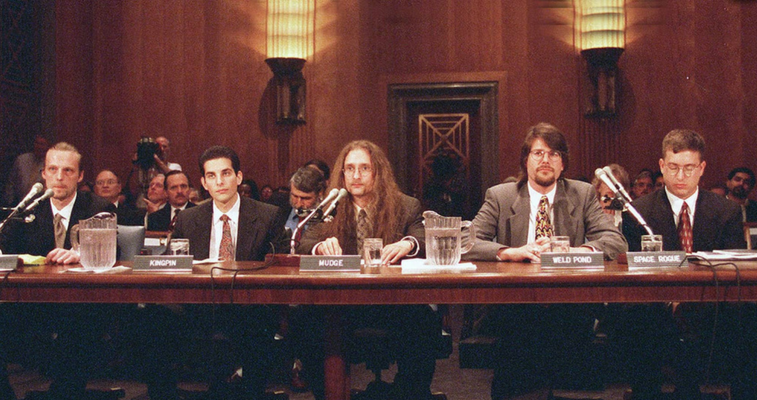I’m fresh off the plane from Las Vegas; arguably no trip anyone in their right mind wants to take in the brutal desert heat of August. And yet each summer, thousands of hackers descend on the city for the penultimate series of cybersecurity conferences known as Blackhat, BSides, and DefCon. As a people leader who has been in cybersecurity for nearly two decades, attending these conferences have served as an incredible sociological study on the evolution of a community and industry.
When I joined the fledgling company @stake back at the start of 2000, little was known about this emerging new industry. I was hired by a venture firm to do some diligence on a Boston-based hacker collective called The L0pht. Admittedly, at the time I knew very little about what a hacker was, or what the heck I was walking into. I entered the meeting in a clandestine warehouse space slightly scared of these man-boys who refused to share their real names with me. I walked out at the end of the day sharing the assessment, “Not only do I think you should invest in them; I want in.”
And so one of my favorite startups and career experiences was born.
Nearly 20 years have passed since that initial meeting, and much has changed in the industry, as well as in the personal and professional lives of those who were involved. I had the incredible opportunity last week to see this group of old friends and colleagues of the L0pht, and listen to them address a packed house discussing their role in one of the most game-changing moves in cybersecurity. They testified before a Senate subcommittee back in 1998. Using only their handles to protect their anonymity, they warned our government of the potential insecurities of the Internet. Among their most powerful testimony included the terrifying-yet-likely-very-true claim, that the Internet could be taken down “by any of the seven individuals seated before you” with 30 minutes of well-choreographed keystrokes. Unfortunately, that prophetic statement was largely ignored. We now see the ramifications of our lack of security with cyber attacks dominating the daily news. Once dark and mysterious, this topic is now the focus of boardrooms and frightened individuals alike. At this point, even my mother will call me with a phone call that starts, “Did you hear that Target had a breach?”
In the time that has elapsed since that groundbreaking testimony, I’ve been witness to this group evolving from a reputation as “scary hackers” to well-respected thought leaders. To sit in the audience of their talk last week and listen to other members of the security community thank them publicly for inspiring them to pursue this field made me proud of them. As any pioneer knows, it is exceptionally hard to get out in front and share a reasonable misunderstood point of view with the world. And yet, when you summon your courage and share a message you passionately believe in and the tenacity to bring it to reality, you put yourself in a position to potentially change the world.
The understanding of the internet “breaking” is slowly starting to evolve from Kim Kardashian’s racy pictures to a deeper understanding of the capabilities of hackers using their powers for evil, rather than good. In other words, the L0pht saw the future all those years ago, and it’s taken us nearly twenty years to begin to grasp the reality of their words.
I’m proud to have played a small role in creating a platform in @stake where this group of brilliant pioneers had a “legitimate” forum to educate the world and play a role in making it a safer place. However, I’m even more proud to associate with these people who put themselves out there - dodging death threats and claims of being “sell-outs” along the way - in their journey to make the world just a little bit safer. Being a pioneer can be a scary role; and yet when we find the courage to do so, we can indeed change the world.
Christina Luconi is Chief People Officer for Rapid7. Follow her on Twitter: @peopleinnovator
Masthead and thumbnail images courtesy of The Washington Post.

